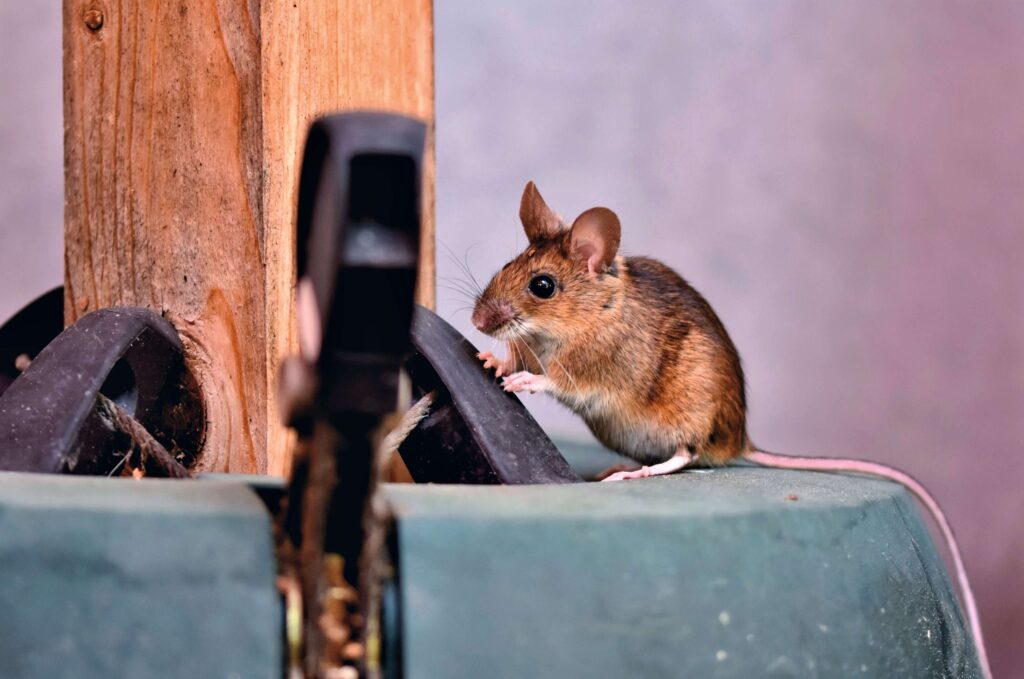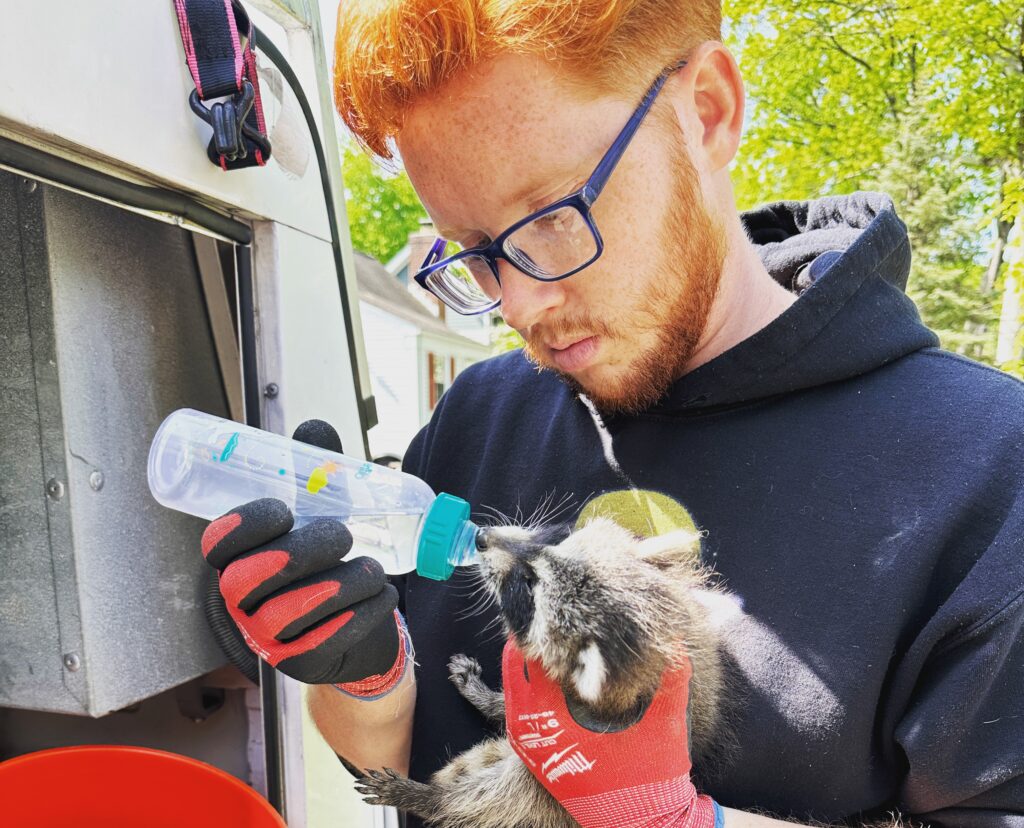In the lush landscapes and vibrant communities of New Jersey, ensuring a rodent-free home is a top priority for residents. Rodents like mice and rats not only cause annoyance with their gnawing and scavenging but also pose serious health and property risks. They contaminate food, spread diseases such as leptospirosis and hantavirus, and can rapidly turn a minor issue into a major infestation if not addressed promptly.
Effective rodent control across New Jersey demands constant vigilance, proactive measures, and sometimes professional assistance. Understanding the behavior and habitats of local rodent species is crucial for implementing targeted exclusion and eradication strategies. Given New Jersey’s diverse landscapes—from bustling urban areas to sprawling suburbs and rural regions—adaptability in pest management approaches is key.
At Kritter Catchers, we specialize in comprehensive rodent control services throughout New Jersey. Whether you reside in Bergen County, Newark’s urban neighborhoods, or any of the state’s varied locales, safeguarding your home against rodents is essential. Our approach combines expert knowledge of local pest behaviors with advanced treatment methods, ensuring your living space remains safe and healthy for you and your loved ones.
Key Takeaways
- Regularly inspect for signs like droppings, gnaw marks, and unusual odors to catch rodent issues before they escalate into full-blown infestations.
- Close gaps around pipes, vents, and doors to deny rodents easy access into your home, reducing the risk of infiltration.
- Keep food stored securely, clean up spills promptly, and manage garbage properly to remove potential food sources that attract rodents.
- If signs of rodents are detected, take swift action with traps, baits, or professional pest control services to prevent health risks and property damage.
- Engage experts who understand local rodent behavior and regulations in New Jersey for effective, tailored solutions that ensure long-term rodent control and prevention.
Understanding Rodents
Understanding the behavior and biology of rodents is fundamental for effective rodent control throughout New Jersey. In this diverse state, rodents such as mice and rats are highly adaptable, thriving in both urban sprawls and rural expanses alike. Their rapid reproductive rate underscores the importance of early detection and swift intervention to prevent infestations.
Beyond their nuisance factor, rodents present significant health hazards to humans and pets. They contaminate food stores with their droppings and urine, potentially transmitting diseases such as salmonella and hantavirus. Furthermore, their gnawing habits pose a serious risk to property, as they can damage structures and electrical wiring, elevating the threat of fires.
At Kritter Catchers, we specialize in comprehensive rodent control services tailored to meet the unique challenges of New Jersey’s varied landscapes. Whether you reside in bustling urban areas, peaceful suburban neighborhoods, or expansive rural settings, our expertise and advanced treatments are designed to safeguard your home from rodent intrusions.
Signs of Rodent Infestation
Recognizing the signs of a rodent infestation is crucial for effective rodent control across New Jersey’s diverse landscapes. These adaptable pests, like mice and rats, are adept at hiding but leave distinctive clues that homeowners should be vigilant to detect. One of the most obvious indicators is rodent droppings—small, dark pellets typically found along their travel routes, such as behind appliances, along baseboards, or inside cabinets.
In addition to droppings, gnaw marks on food packaging or structural materials like wood and wiring are clear signs of rodent activity. Auditory clues, such as noises of scurrying or gnawing, particularly during nighttime hours, may also indicate their presence within walls or ceilings. A musty odor can further suggest nesting areas or travel routes, even if rodents are not immediately visible.
In New Jersey, whether you reside in suburban homes of places like Bergen County or urban apartments in cities such as Newark, staying vigilant is essential. Regular inspections to identify and seal potential entry points—such as gaps around pipes, vents, and windows—can prevent rodents from gaining access. Prompt action, whether through setting traps or engaging professional rodent control services like Kritter Catchers, is crucial to mitigate health risks and property damage.

Prevention Methods
Preventing rodent infestations in New Jersey requires a proactive approach that addresses potential entry points and limits access to food and shelter for these resilient pests. Begin by inspecting your home for any gaps or cracks in walls, floors, and foundations—rodents can squeeze through incredibly small openings, so even minor repairs can make a significant difference. Focus on sealing gaps around pipes, vents, and utility lines, as these are common entry points.
Maintaining cleanliness is also essential. Store food in airtight containers and promptly clean up any spills or crumbs that could attract rodents. Regularly dispose of garbage in tightly sealed bins, and keep outdoor areas clear of debris that could provide nesting materials.
In New Jersey’s diverse environment, where urban and suburban landscapes blend, preventive measures should also include outdoor spaces. Trim back vegetation and remove clutter around your home to reduce hiding spots for rodents. Consider using rodent-resistant materials for landscaping and garden structures.
FAQs
What are the common types of rodents found in New Jersey?
The most common rodents in New Jersey include mice and rats. They adapt well to urban and suburban environments, seeking shelter and food sources in homes and businesses.
How can I tell if I have a rodent infestation?
Signs of rodent infestation include finding droppings, gnaw marks on food packaging or structural materials, hearing scratching noises in walls or ceilings, and noticing a musty odor in confined spaces.
What health risks do rodents pose to my family?
Rodents can transmit diseases such as salmonella, hantavirus, and leptospirosis through their droppings, urine, and saliva. They can also trigger allergies and asthma attacks.
How often should I inspect for signs of rodents?
Regular inspections are recommended, especially before seasonal changes when rodents may seek shelter indoors. Monthly checks of common entry points and storage areas are beneficial.
How can I keep rodents out of my garden or shed?
Use rodent-proof materials for structures, store garden supplies and pet food in sealed containers, and remove debris or clutter that could serve as nesting sites. Regularly inspect for signs of activity.
Conclusion
In conclusion, maintaining effective rodent control in New Jersey is not just about protecting property; it’s about safeguarding the health and well-being of your household. Rodents, with their ability to spread diseases and cause structural damage, pose a significant threat that should not be underestimated. By understanding the signs of infestation, implementing preventive measures such as sealing entry points and maintaining cleanliness, and considering professional pest control services when necessary, homeowners can greatly reduce the risk of rodent problems.
New Jersey’s diverse landscape—from bustling cities to quiet suburbs—provides ample opportunities for rodents to find shelter and food. Therefore, vigilance and proactive action are key to staying ahead of potential infestations. Regular inspections and swift response to any signs of rodent activity can prevent minor issues from escalating into major problems that disrupt daily life and compromise living conditions.
For comprehensive rodent control solutions tailored to your specific needs in New Jersey, consider contacting Kritter Catchers at (973) 747-5455. Their experienced team understands the unique challenges posed by rodents in the region and can provide effective, environmentally responsible pest management strategies. Protect your home and family today—take action against rodents with confidence and ensure a safe, healthy living environment for years to come.


